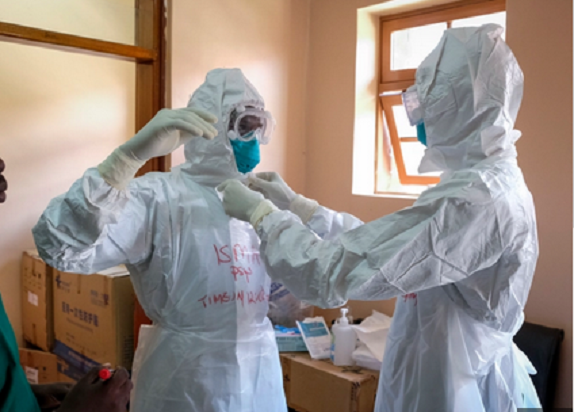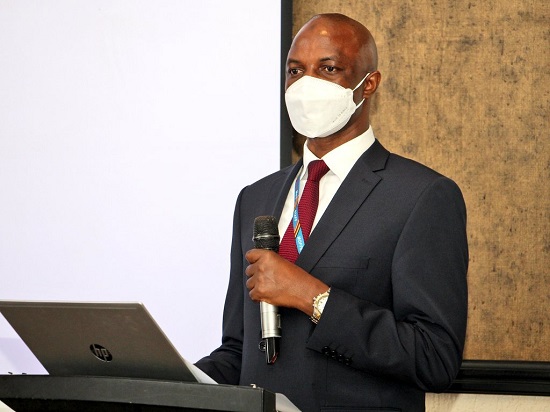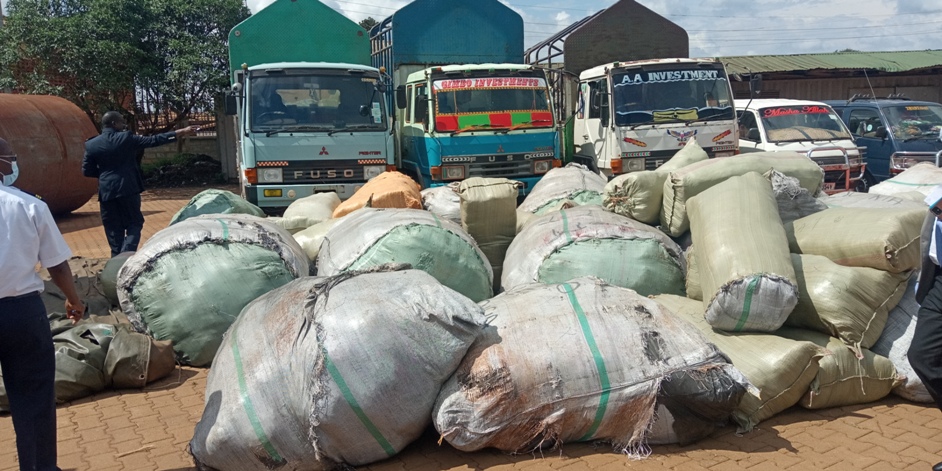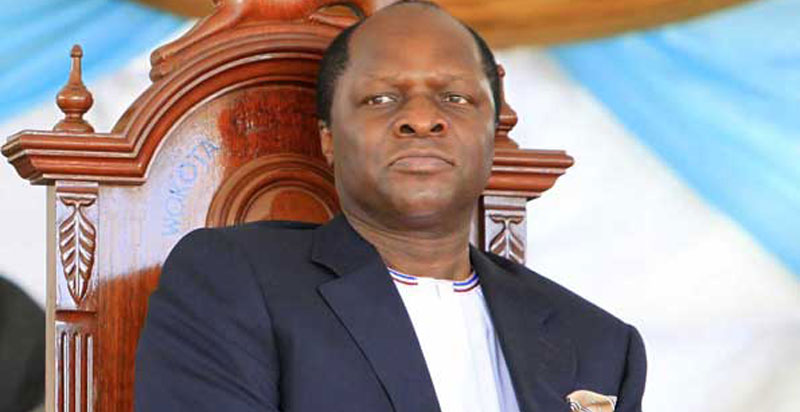The Bill and Melinda Gates Foundation is funding a pro-bono project in a number of countries across the African continent. The project aims to keep conversations around pandemic preparedness and equitable economic recovery for Africa alive.
“The human race has been known to forget very quickly and thus, keeping conversations around pandemic preparedness and equitable economic recovery for Africa is key for the future. The goal is not to constantly remind people about COVID-19 but to get people to prepare.”
As a result, Hill+Knowlton Strategies is working to build and work with a community of credible and engaged expert voices who will utilize regular media opportunities to disseminate accurate content.
In one of such engagements held recently at the Serena Hotel in Kampala, Dr. Arnold Ezama, the Manager Epidemics and Pandemic Preparedness Response at Uganda and
Uganda Red Cross Society and George Patrick Akabwai, a Healthcare practitioner, specializing as a Physician at Baylor Uganda made sense of the pandemic preparedness and equitable recovery for Africa.
According to Dr. Ezama, pandemic preparedness concept has been around since the biblical times of Joseph and that the concept largely looks at planning and activities to respond to a pandemic.
“It is quite prudent that we map out the kind of resources that we need. It is not just financial. Maybe what we need is intentional and planned resources. We need to intentionally carry out intersectional analysis to identify those that are most at risk and channel resources there and not wait for attacks/outbreaks. We have the resources, physical or economic. It is just mapping out and channeling them there,” Dr. Ezama says.
During pandemics, a lot of resources come in the form of relief. Dr. Ezama says it is important that these resources are aligned accordingly from the national to the village level so as to avert inequalities and hold leaders to account. Dr. Ezama, however, says that behavior is very key in preparing for a pandemic and to mitigate spread. “Local communities through village task forces saved the situation (Covid-19) and now in Mubende and Kassanda. We hope that this will go on,” Dr. Ezama says.
According to Dr. Ezama, too much information is affecting vaccine uptake yet he says that the vaccines are very key in prevention.
“Vaccines are key in prevention. You don’t have to look beyond the vaccine. The science beyond the vaccine has improved. However, too much and wrong information are affecting vaccine uptake. These are just rumours. Let’s understand perception studies and why people are not getting vaccinated.”
According to Akabwai, “We ought to have a proper response plan.”
“We need to plan for any attacks using the meagre resources. It’s through this pandemic that we spend the most and have health workers constrained but with a proper plan, these can be managed better,” Akabwai says.
Akabwai says that Covid-19 somehow prepared “us for Ebola”
“That strengthened our capacity. Lockdowns and containment measures are good practices. Ugandans should embrace this as part of life to get over any recurrences or new outbreaks.”
However, he says that health inequalities have risen from pandemics.
“These inequalities are a reality. We have learnt. The Government should now ensure that we prevent it. It is cheaper to prevent than to respond. Invest in healthcare so that the most commonest person can be admitted to ICU when they need them, train more health workers and involve the leaders,” Akabwai says.
He adds: “There needs to be a disconnect between equity and inequality. It’s more than health. We need to diversify. Adopt strategies to stay alive, adhere to SOPs and innovate.”
Akabwai admits that there is vaccine hesitancy but he advises that “you use more reliable information.”
“Vaccines are a great deal in averting death and hospitalization. Vaccines have a huge role in enabling us to stay alive and improve our health.”





